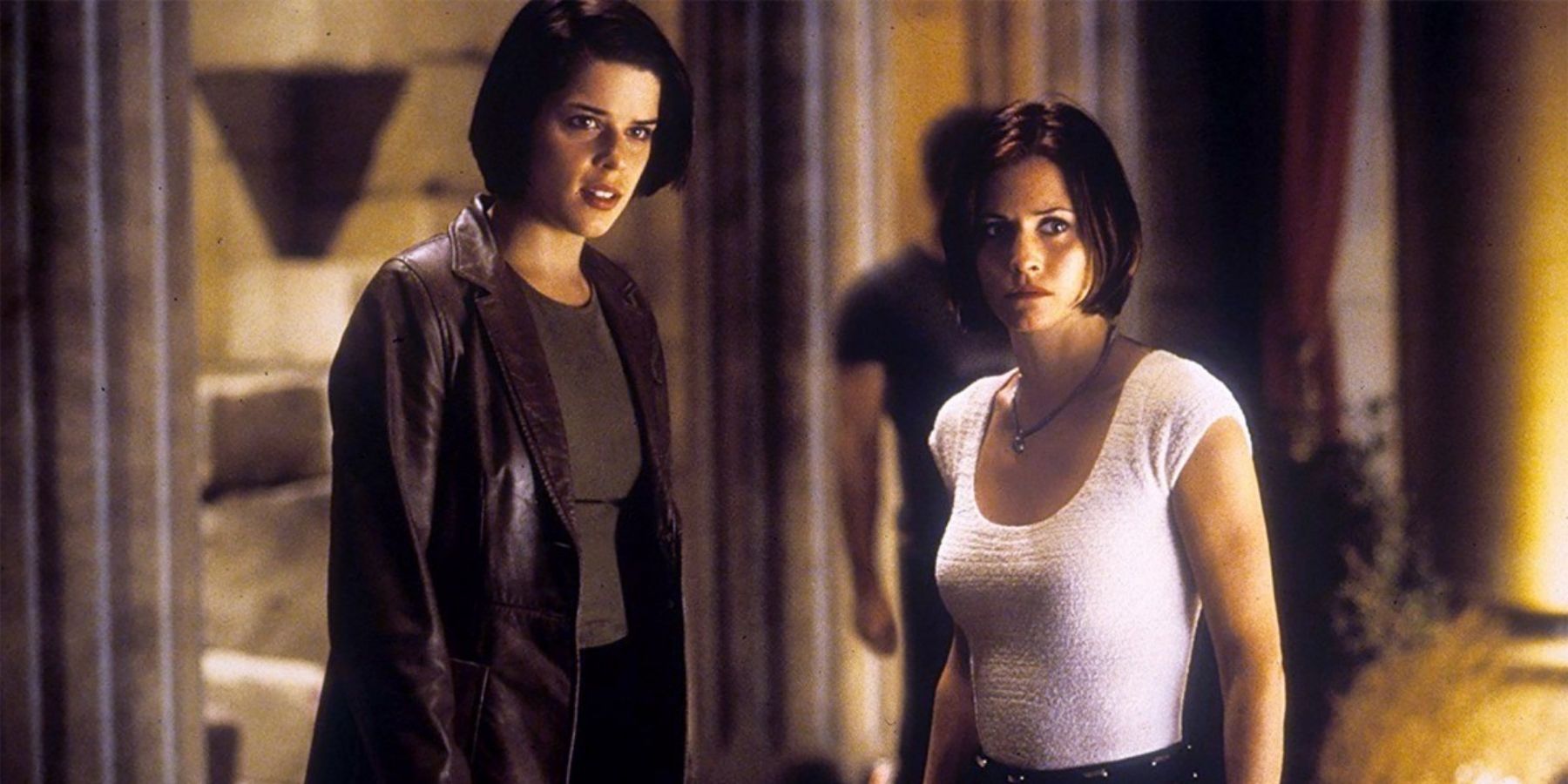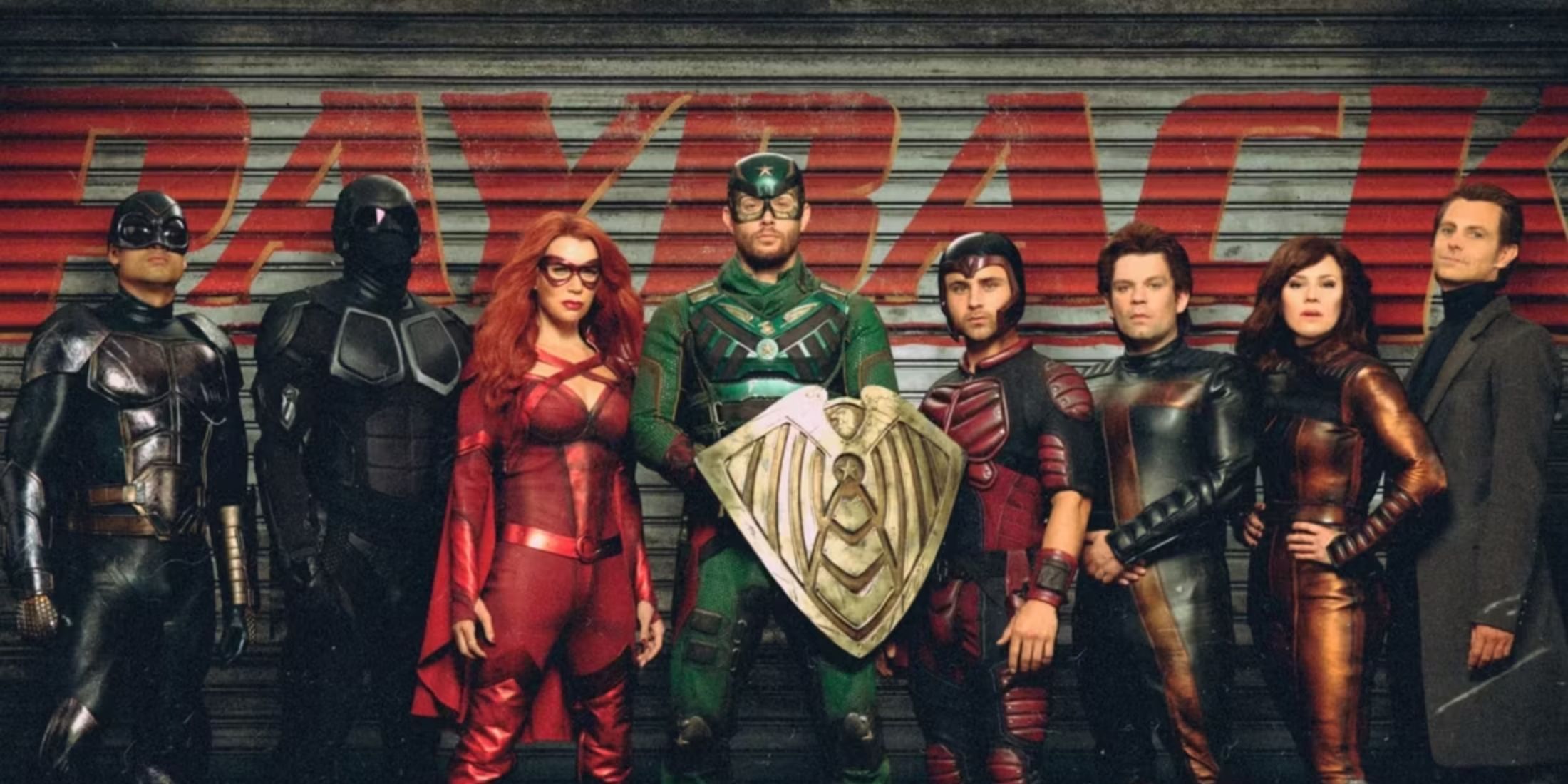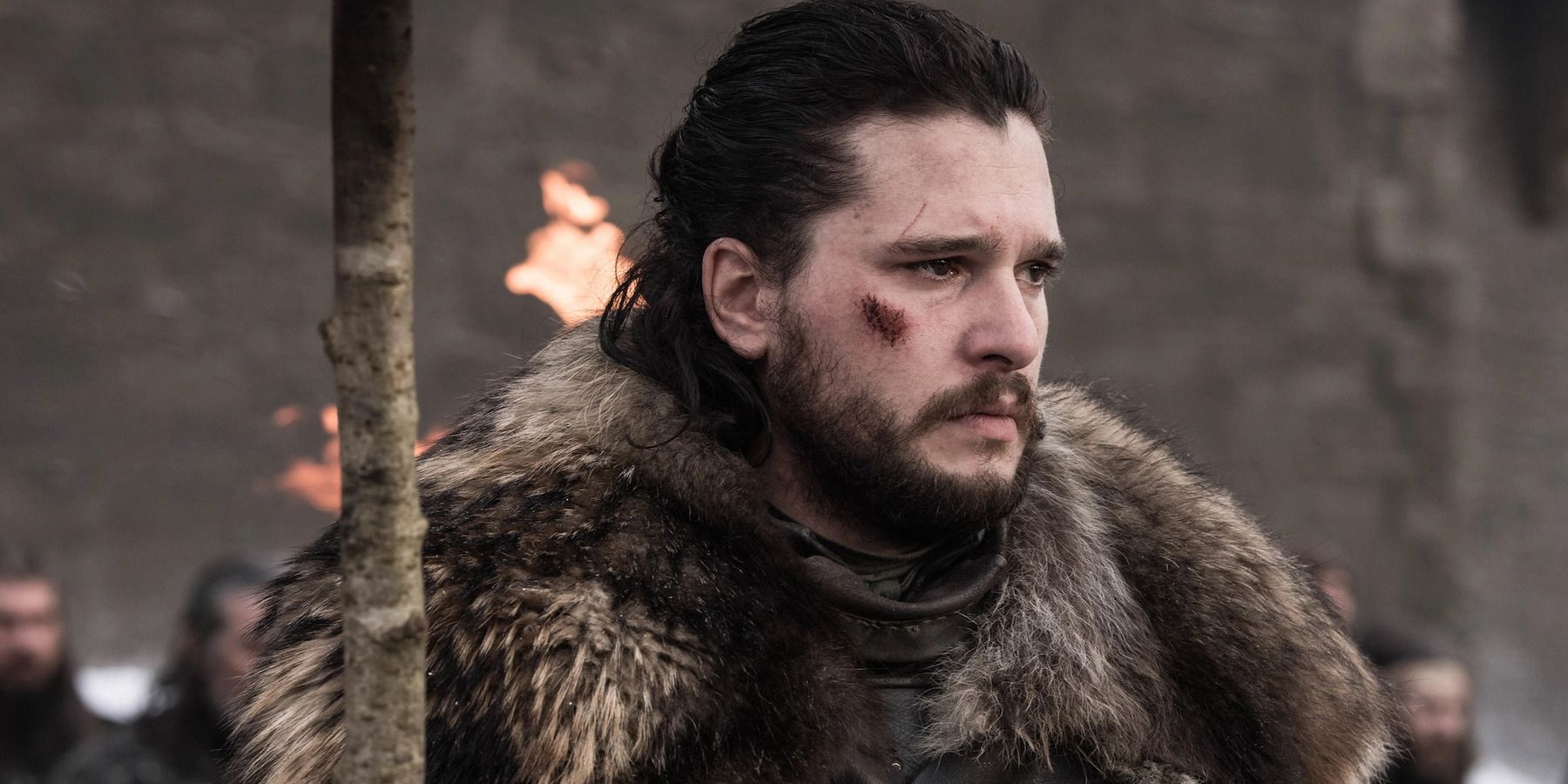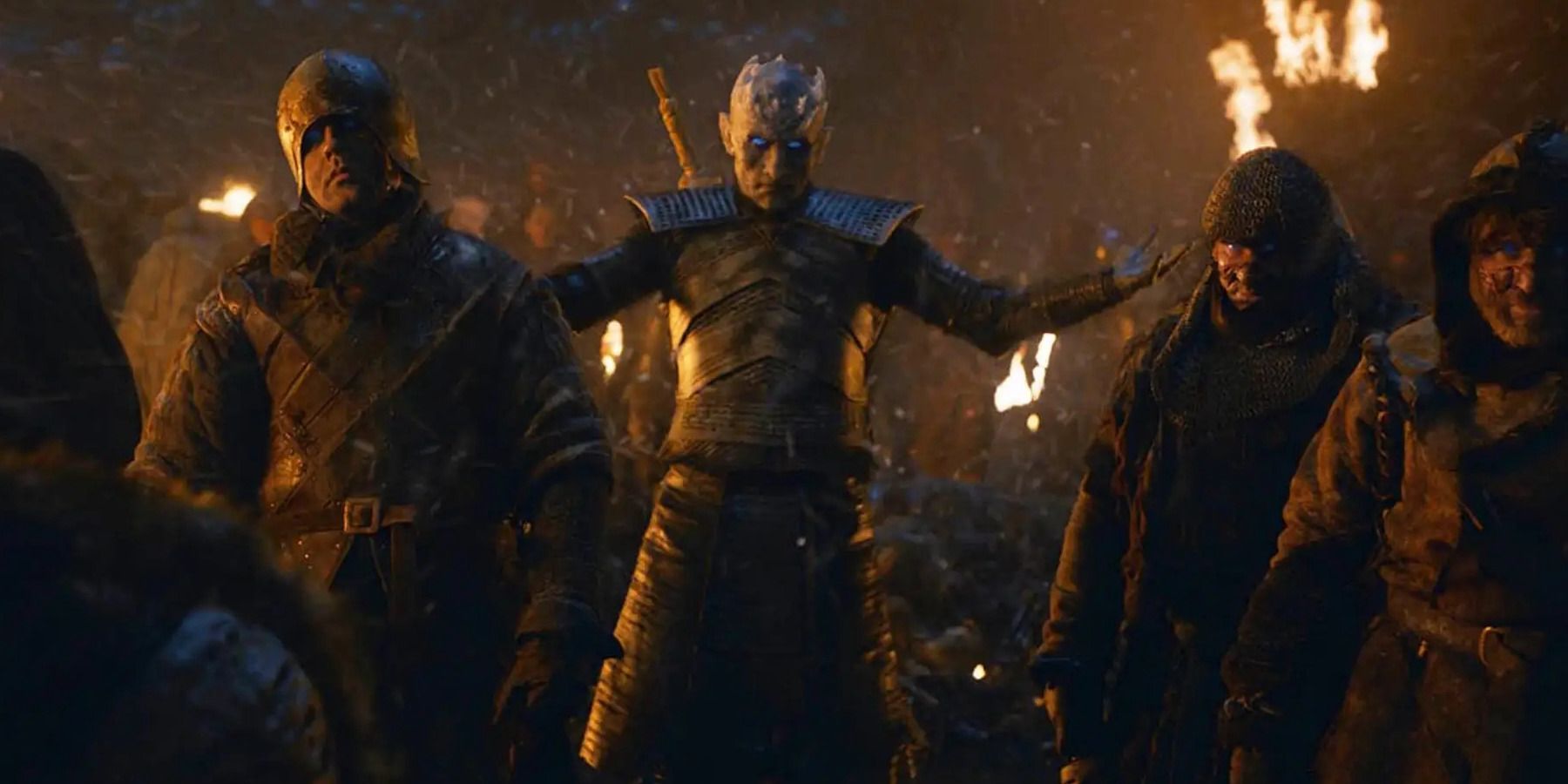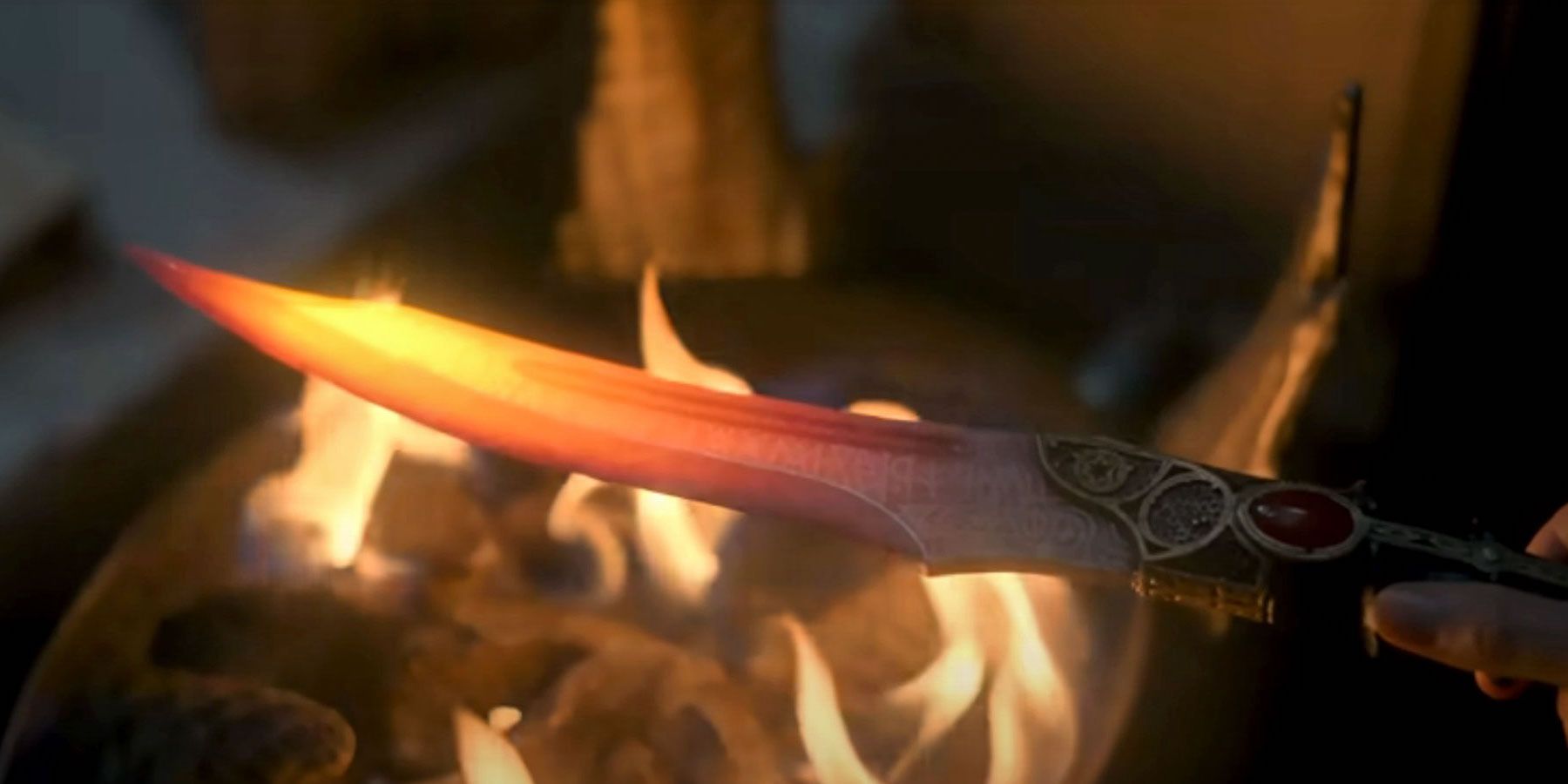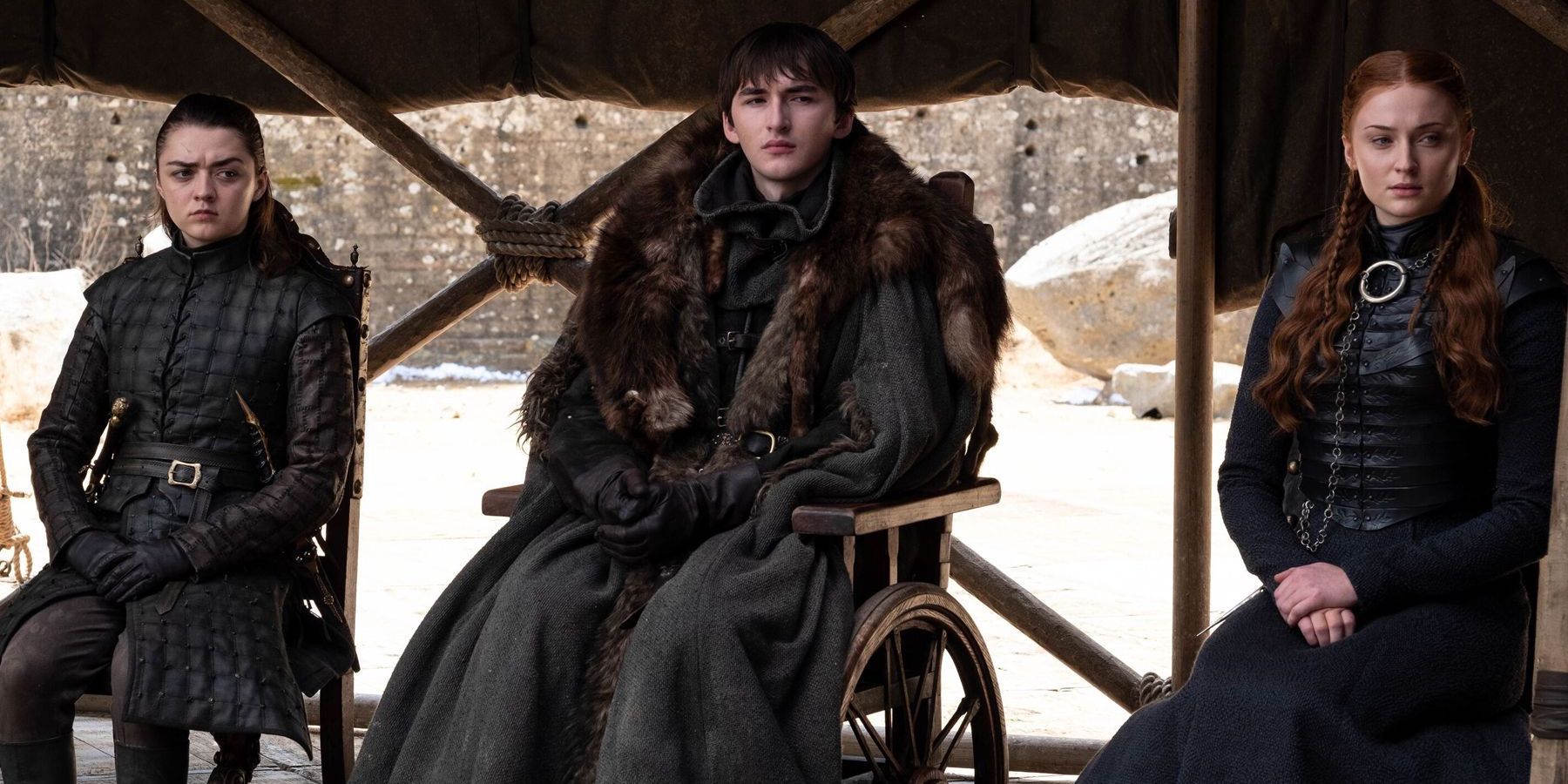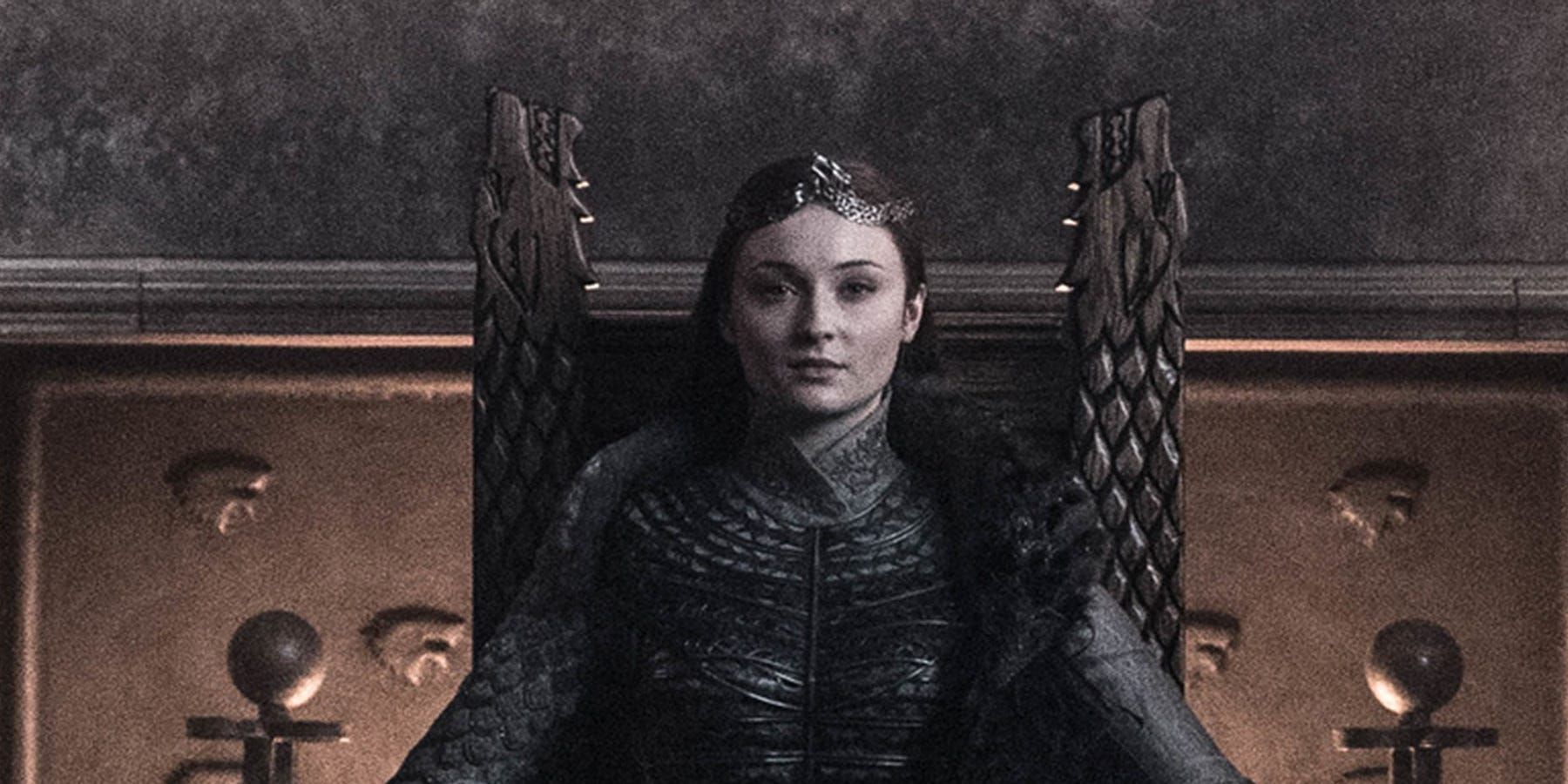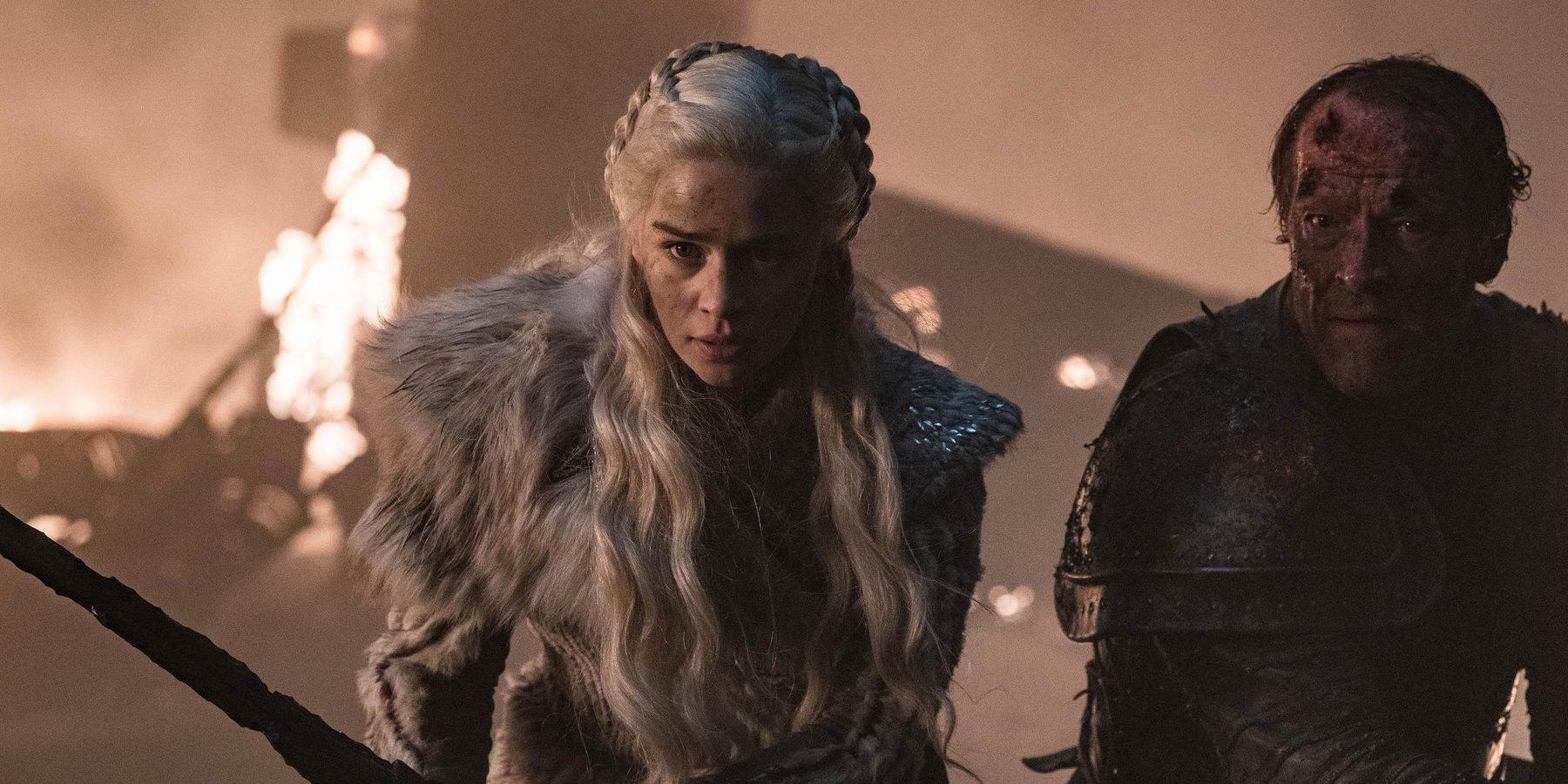The rumored Jon Snow Game of Thrones spin-off faces a unique conundrum. Game of Thrones season 8 had a polarizing effect on the audience - and that's putting it favorably. Since the Jon Snow sequel series was announced, with Kit Harington set to return, fans have been unsure how the series would work when the series finale garnered so much ill-will towards the franchise.
House of the Dragon has won back the crowd somewhat, but being a prequel, fans are content knowing that the series won't be touching on any of the events in Game of Thrones. Though Harington has remained tight-lipped about the Jon Snow sequel, he has mentioned that Jon Snow would be in a dark place following the death of Daenerys (Emilia Clarke) at his hands. That's definitely a plotline that can lead to some rich character development for Jon Snow - but so far, that's all that's known about the sequel. Game of Thrones ended fairly conclusively, and some of the actors may not be keen on returning, so how can the Jon Snow series succeed despite the odds being stacked against it?
Recontextualizing Season 8
Season 8 probably won't be made non-canon, and at this point, the fanbase has accepted that its events happened. The main problem fans had with season 8 was that it had no room to breathe. Instead of the characters leading the plot, as they had been beforehand, the characters were now being led by the plot. Characters acted entirely differently from how they had before simply because the plot demanded they must. Tyrion (Peter Dinklage) suddenly grew a heart towards Cersei (Lena Headey) and lost a few IQ points in the process. Sansa (Sophie Turner) antagonizes Daenerys for little reason and is openly hostile towards her despite the character having saved Winterfell. Daenerys loses her mind because the plot demands she must - she becomes brutal and tyrannical, an ending which even Clarke has admitted she didn't want for the character.
One of the most egregious instances of season 8 rushing through the plot is the Long Night. Not only did fans complain that the episode was too dark to see, the White Walkers were the central threat of the series. They were presented as being a genuine threat from the first scene of the series. After seasons of Game of Thrones building up to their invasion, they were defeated in one episode.
The plot of the series then focuses on who will win the Iron Throne. This runs contrary to the main themes of the series - that mankind is busy fighting among itself for petty reasons while there are real, tangible threats on the horizon. The show throws that away and doesn't even explain what the White Walkers actually wanted beyond a short line about the Night King (Vladimir Furdik) wanting to destroy records of human history. Presumably, this was due to the Bloodmoon pilot being in development at the time, which would have gone into detail about the first Long Night. Since that show never materialized, it was a poor decision to relegate the White Walker's motivation to that series. The Jon Snow sequel series should deal with the aftermath of the White Walkers and explore what drove them. Did they have a culture? Martin has implied they have something to do with the irregular seasons. Perhaps the sequel can deal with solving that issue.
The Prince That Was Promised and Other Cut Book Storylines
The Prince That Was Promised is brought up in House of the Dragon, but it originates from the books. It's said that the Prince That Was Promised is a prophesied hero who would save the world from a threat to the North. It's believed by the Targaryens that this hero will come from their line. There's plenty of theories that this figure is someone else entirely, but the books seem to portray Jon Snow or Daenerys Targaryen as being the prime candidates.
In the show, it's ultimately Arya Stark (Maisie Williams) who kills the Night King and ends the Long Night. She is decidedly not a Targaryen. Why, then, does the prequel series bring up that a Targaryen will be the one to do the job? It's possible that the series is laying down the groundwork for the Jon Snow sequel. After all, Jon was literally a promised prince - his mother, Lyanna Stark (Aisling Franciosi), made Ned (played in his younger years by The Rings of Power's Robert Aramayo) promise that he'll keep Jon safe.
Additionally, the books feature plenty of cut content. While some plots are probably too late to incorporate (Catelyn Stark, played by Michelle Fairley, probably won't be showing up as Lady Stoneheart), others could, potentially have an impact on the series. Game of Thrones is known for its politics, and the politics in the Jon Snow sequel could come from a potential invasion of Westeros by Jon Snow's half-brother Aegon Targaryen.
In A Dance With Dragons, it's revealed that Aegon Targaryen apparently survived the overthrow of the Targaryen dynasty thanks to Varys' (Conleth Hill) machinations. Though there are fan theories that cast doubt on his true identity, Aegon ultimately launches an invasion of Westeros. In the tv show, Aegon could potentially be a foil for Jon Snow, and his presence would probably bring back some memories of Daenerys.
Explore Bran's Kingdom
Brandon Stark (Isaac Hempstead-Wright) ultimately ended up on the Iron Throne at the end of the series, but he didn't turn out to be an iconic king like the writers may have hoped. Most fans took issue with how Bran ended up on the Iron Throne; Tyrion claims that Bran had the best story, and nominates him to be King. The other lords and ladies acquiesce. Not only is this a poor way of choosing a leader, fans had been turned off from Bran Stark and had found him creepy. By season 8, he was written as emotionless and inhuman, and this facet of the character was never properly addressed.
Nor were fans happy about the political ending of the series. For a show that had been so adept at politics prior to its finale, the series went out of its way to handwave away the politics of Bran ending up on the throne. For instance, despite being known as a killer and widely reviled, Tyrion is chosen as Hand of the King. Additionally, Bronn (Jerome Flynn), who is previously mentioned as not understanding how loans work, is given Highgarden and made Master of Coin. These would have a huge impact on Westeros; the lords are continuously mentioned as being proud. They would not so easily accept a lowborn mercenary like Bronn being elevated to one of the highest positions in the realm.
There's also the issue of Dorne and the Iron Islands. Sansa proclaims the North independent. This is accepted by Bran, despite the North now being tied more closely to the Iron Throne than any other kingdom. Dorne and the Iron Islands do not make any mention of wanting to be independent, despite having fierce independent streaks. Both have ample reason to be anti-Stark as well.
In the Jon Snow sequel, this should all be explored on a much deeper level. The Iron Throne may be melted down, but the rotten system it represented still stands. In fact, the elective monarchy the characters adopt at the end of the season should make the Game of Thrones that much more prevalent: not only are there many high roles available, the Kingship itself is up for grabs any time the last King dies.
The Return of Old Characters
Gwendoline Christie has already addressed the possibility of joining the Jon Snow sequel. She played coy, but she appeared to be up for it. At the end of Game of Thrones, her character is still alive. So is Sansa, Arya, Bran, Tyrion, and a few other notable names. These characters could easily make a return to the franchise if their actors would like to. Of these characters, Sansa seems the most likely to return. Her kingdom is right next to Jon Snow's last known location, and after the Long Night, she'll need any allies she can get if there's a new threat arising.
Bran, Tyrion, and the King's Landing cast seem the next most likely to return. They aren't too far away from the action, and if something big (and magical) threatens the Seven Kingdoms again, it would be hard to rationalize King Bran not becoming involved. Arya would be the trickiest; she was last seen sailing off to parts unknown, trying to find what's west of Westeros. Perhaps she returned empty-handed, or maybe she found their world's equivalent of the Americas. Still, given her drive and clear desire to stay away from Westeros, it might be hard to write her back in.
The return of these characters needs to be handled carefully. Should they pop up only to bring in fan service, their characters may face further regression and the show would get lots of fan complaints.
A Possible Daenerys Return
This is probably the most controversial avenue the Jon Snow series could take. There have been numerous arguments from fans who say that Daenerys was well on her way to becoming a tyrant, while others say that she did a 180 out of nowhere. She died in the series finale, but in Game of Thrones, death wasn't necessarily permanent if the body remained intact. Her body was last seen being taken away by Drogon, who flew her East. It's possible that he took her to be resurrected by a Red Priestess, a common fan theory since the finale aired.
On the other hand, Emilia Clarke has stated she doubts she'll return to the Game of Thrones franchise. The role was emotionally taxing for her, and she struggled with her health while shooting. Still, if she is brought back, it could be a very poignant story of redemption - or it could justify Daenerys' descent by having her be unrepentant for her actions. The Jon Snow series should tread carefully if it plans to bring Clarke back.
The Jon Snow sequel has yet to be officially announced, but HBO has shown that they want more out of the universe. It wouldn't be a surprise if Harington gets to reprise his most famous role sometime in the near future, but until it's confirmed, fans can only wait to hear more news. If the series does get greenlit, hopefully it'll have a reason behind its existence.

